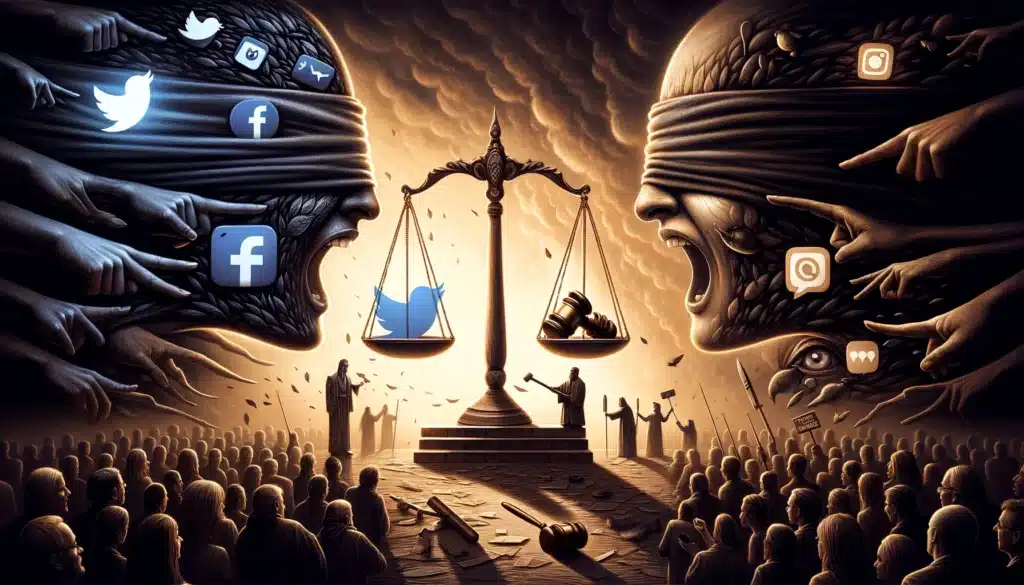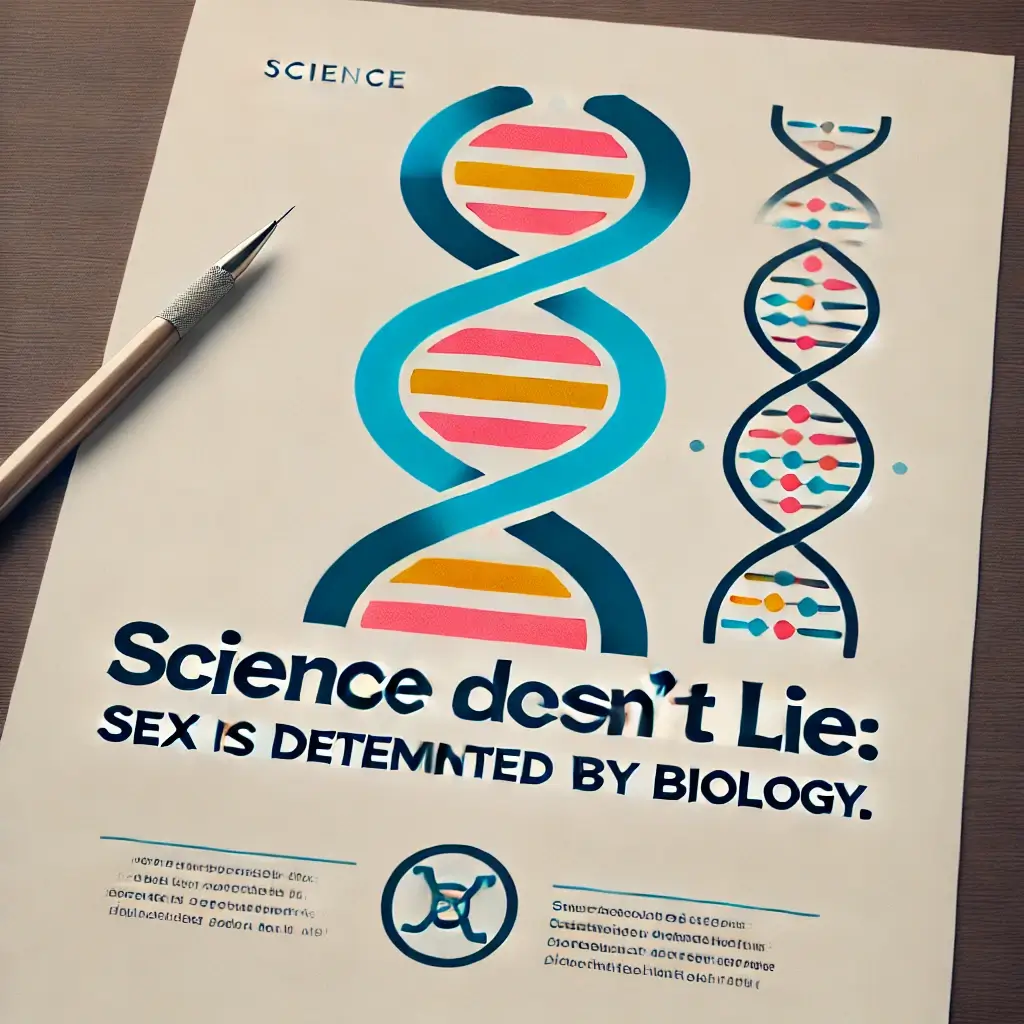Black Lives Matter & MeToo – From Justice to Hashtags
Movements like Black Lives Matter and MeToo began with powerful messages. They shone a spotlight on police brutality, racism, and sexual harassment — issues that deserved attention. At first, they promised justice and accountability.
But over time, they turned into something else: hashtag movements. More about visibility than solutions, more about slogans than structural change. What started as cries for fairness became fuel for culture wars, corporate branding, and endless division.
Table of contents
The Power of the Beginning
The impact of the early moments can’t be denied:
- BLM drew attention to police violence.
- MeToo revealed widespread workplace abuse.
- Both empowered victims to speak out.
These were genuine achievements. But they also created a new template: politics through hashtags, outrage cycles, and viral moments.
Hashtag Politics
Social media supercharged these movements. A powerful story could go global in hours. But visibility didn’t equal reform. Instead of fixing police systems or reforming workplaces, the focus shifted to slogans, trending hashtags, and symbolic victories.
The result? Millions marched, billions posted — and little changed.
The Corporate Hijack
Corporations moved in quickly.
- BLM slogans painted on shop windows while those same shops exploited underpaid labour.
- MeToo hashtags plastered on marketing campaigns while boardrooms remained unchanged.
For businesses, activism became advertising. For politicians, it became posturing. The people who mattered most — victims — were left with awareness but without justice.
Division and Backlash
Like other identity movements, BLM and MeToo sparked as much division as unity.
- BLM protests turned into political flashpoints.
- MeToo created a climate where accusations, not trials, decided reputations.
Instead of reform, the public was left with polarisation — one side shouting about injustice, the other about overreach.
Who Benefited?
- Media thrived on outrage and clicks.
- Corporations polished their image with slogans.
- Politicians aligned themselves with causes to harvest votes.
And who didn’t benefit? Victims, workers, and communities, who still face the same problems they always did.
Conclusion
Black Lives Matter and MeToo began as movements for justice. They exposed real problems and gave people a voice. But they also became hashtags — powerful for visibility, weak for solutions.
The irony is brutal: causes that began as cries for change ended up as branding exercises and culture-war weapons.
The next time you see a hashtag campaign explode, ask: who really benefits — the people on the ground, or the elites riding the outrage?
FAQ Section
What is Black Lives Matter?
A movement highlighting police brutality and systemic racism, amplified by social media.
What is MeToo?
A movement exposing sexual harassment and abuse, encouraging victims to speak out.
Why are these movements controversial?
Because they became dominated by hashtags, slogans, and corporate branding instead of delivering structural reform.
Who benefits from hashtag movements?
Media, corporations, and politicians — while victims and communities see little actual change.



